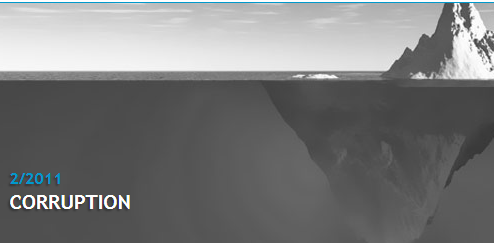Korupcia – dedičstvo štátneho socializmu?
Corruption – a Heritage of State Socialism?
Author(s): Tina OlteanuSubject(s): Economic history, Political history, Government/Political systems, History of Communism, Post-Communist Transformation, Corruption - Transparency - Anti-Corruption
Published by: Historický ústav SAV
Keywords: corruption; post-communist countries; Romania; Transparency International; Communist regime;
Summary/Abstract: Research of corruption in the socialist countries of the former Eastern Bloc – in comparison with the research of this phenomenon in the established democratic regimes – is considerably complicated by the lack of proper sources. The amount and quality of the relevant data that could be used for reconstruction of the practice of corruption as well as the attitudes of the public towards this practice, does not make comparative studies of the extent and development of corruption among states possible; however, the sources available are enough to determine certain particular tendencies. In contrast the corruption in post-socialist era is thanks to media coverage and better possibilities of empirical research much better documented: since the mid 1990s the Corruption Perceptions Index have been measured and the scholarly interest in the phenomenon of corruption risen substantially. This makes comparative researches possible. However, the interpretations of facts remain ambiguous. Some authors explain the immense prevalence of corruption in post-socialist states using general models mostly based on the idea of social and economic evolution, ignoring or neglecting specific factors and features peculiar to the post-socialist context. Case studies and systematic comparative researches that were made in post-socialist countries allow lead us to conclusion that it is justified to think about specific post-socialist (or post-communist) patterns of corruption. This paper offers an outline of a theoretical framework for studying the structures and processes functioning outside the established cultural interpretational frames and studies their functions in the political and economical system (regime) that existed in the countries of former Eastern block prior to 1989, the development of new political and economical structures after 1989 and their impact on the extent and forms of corruption.
Journal: Forum Historiae. Časopis a portál pre históriu a príbuzné spoločenské vedy
- Issue Year: 5/2011
- Issue No: 2
- Page Range: 285-289
- Page Count: 5
- Language: Slovak

